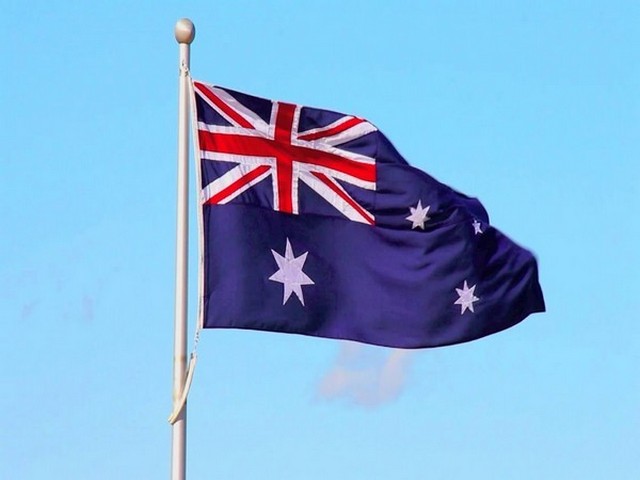Canberra [Australia], November 25: Tens of thousands of Pacific islanders working in Australia are facing exploitation, with concerns their rights have been stripped so low it borders on slavery.
More than 30,000 people from Pacific Island nations and East Timor are on a working visa in Australia as part of the Pacific Australia Labour Mobility (PALM) visa scheme.
Workers, who can't leave their employer without approval from the Employment Department, are sometimes left with as little as $100 to $200 a week due to bosses being allowed to take deductions from their wages.
Deductions were to cover costs for travel, accommodation, health insurance and visa processing fees, with the Fair Work Ombudsman recovering $760,000 for 1937 workers across 228 investigations between 2019 and 2024.
The rural and remote nature of the work made those on the scheme vulnerable to exploitation and the number of people at risk of modern slavery - including human trafficking and forced labour - was increasing, a human rights body found.
Pacific islanders had gone blind and lost limbs due to being denied appropriate safety equipment or medical care, Immigration Advice and Rights Centre principal solicitor Joshua Strutt said.
"Many PALM workers endure shocking exploitation at the hands of Australian employers, including severe workplace injuries, horrendous living conditions and significant underpayments," he said.
Employment Minister Murray Watt has defended integrity measures and minimum legal standards to stop exploitation in the scheme, including better access to complaint mechanisms and better accommodation.
"We've made significant changes to the PALM scheme to reduce exploitation of Pacific workers," he told AAP.
There had been examples of poor treatment, but swift action was taken when they were found, Senator Watt said.
"We're currently reviewing the deed that sets out the conditions of PALM workers, and we're getting feedback from people about that, and once we've gone through that consultation, it's possible that we will make further changes," he said.
The rights centre alleges employers regularly threatened workers with deportation and some in Bundaberg didn't have basic living standards, which resulted in rough sleeping and needing to go to soup kitchens to eat.
Most who left the scheme in NSW's Riverina region did so because of exploitation, it found.
The PALM scheme was "a breeding ground for contemporary forms of slavery", the centre said in a report prepared for United Nations Special Rapporteur on Contemporary Forms of Slavery Tomoya Obokata, who is in Australia until November 27.
More than 230 workers were injured and 45 died in Australia between 2020 and 2023, separate research from The Australia Institute found.
Those on the PALM scheme often ended up paying more in tax than Australians in the same roles and found it almost impossible to access their superannuation entitlements after leaving the country, the institute said.
East Timor President Jose Ramos-Horta criticised the scheme during a national address in Australia, alleging people were forced to pay $700 a week to live in a dormitory for eight people with bunk beds.
Source: Fijian Broadcasting Corporation

